Why Theatre Is Important
3 Reasons Why We Need Theatre
For the longest time, theatre has been spoken of as a dying artform. Whether that’s true or not, it’s clear that theatre continues to be a significant part of our culture and contributes to the development of creatives from all fields and disciplines. Despite this, the question many theatre lovers and artists face is: why do we need theatre? Why do we read Shakespeare in school? Why do we encourage children to participate in plays and musicals?
Research shows many ways in which theatre enriches the minds and lives of those who participate in and/or consume it. As scholar and author, Samuel L. Becker once said, when it comes to theatre there are “as many functions as there are plays.” Here are 3 ways that theatre enhances our lives.
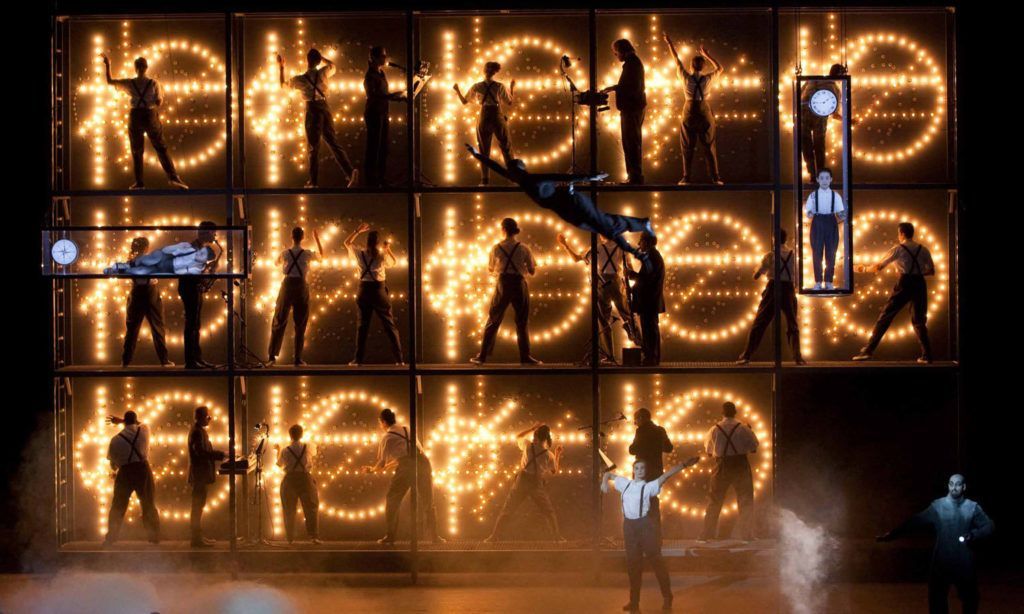
1. Theatre Increases Empathy and Connection to Community
Theatre opens us up to experiencing different perspectives that we may not be aware of or contemplated. Theatre’s way of examining dialogue, monologue and character allows us to flex our empathy muscles. In other words- understanding theatre helps us understand what it means to be human.
According to new research published in the Journal of Experimental Social Psychology , watching a live theatre production can increase our empathy for the groups depicted in the play and may even result in changes in charitable behavior. During the study, the researchers surveyed 1,622 audience members, either immediately before or immediately after seeing a live theatre production. The participants showed changes in their attitudes towards racial discrimination, income inequality, welfare, corporate regulations, wealth redistribution, and affirmative action. They also increased their charitable giving after the performance.
While experiencing theatre, we are not only connecting to the performers in front of us but we are also connecting with the other theatre goers in the room. “Past research suggests that shared or collective experiences are more intense than solitary ones”. This is why many kids find solace in their respective theatre or school play communities. Participating in theatre connects you to a community of likeminded and passionate individuals and can often help those who feel isolated or drained in school or work environments.
I regard the theatre as the greatest of all art forms, the most immediate way in which a human being can share with another the sense of what it is to be a human being.
Oscar Wilde
2. Theatre Acts as a Mirror
Ever heard the saying All the world’s a stage ? Theatre doesn’t only act as entertainment; it holds up a mirror to society and influences introspection. You can discover something new about yourself and the world you live in by watching what unfolds in front of you. Many forms of theatre are didactic, intended to teach, particularly in having moral instruction as an ulterior motive. There are many theatre genres that exist explicitly to call on the audience to reflect and examine.
Samuel Beckett’s Theatre of the Absurd uses techniques to force the audience to explore existentialism. Antonin Artault’s Theatre of Cruelty explores the audience’s relationship with their own discomfort, and Bertolt Brecht’s Epic Theatre turns the audience’s expectations of theatre on its head to make them see the world as it truly is.
German playwright Friedrich Schiller wrote that watching live theatre is a powerful piece of didacticism. He writes, “seeing something before our eyes is always more powerful than description. Therefore, the understanding of laws can be heightened if the stage is used to display their truths”.
To enter a theater for a performance is to be inducted into a magical space, to be ushered into the sacred arena of the imagination.
Simon Callow
3. Theatre Flexes Your Brain and Helps With Development
Who wants to be a passive viewer when you can be an active participant of the art in front of you? We don’t mean getting up and joining the show, we mean being active with your mind. Whether you realize it or not, theatre forces you to flex your creativity and imagination, to suspend your disbelief throughout the performance. We know that the puppets in The Lion King are not real animals since we see the puppeteers, and we know that the fairies in A Midsummer Night’s Dream aren’t really flying since we see the strings. Yet, we allow the logical side of our brains to turn off for a bit as we engross ourselves in our own imaginations. This is unique to the experience of live theatre since we expect hyper-realism in film and TV. For those who participate in the creation of theatre, studies show that engagement with drama leads to more creative thinking and originality.
As arts funding in schools continues to take blows, we need to emphasize the importance of theatre for kids and teens. The process of theatre and drama education encourages what’s known as divergent thinking , or thinking in multiple directions. Creating theatre is often a process of discovery, whether that’s thinking on your feet and figuring out where the story goes or figuring out how the story is told and what it means for the characters.
Whether you’re a lifelong thespian or an occasional theatre-goer, you’ll find enrichment in the audience and on the stage. So, is theatre really a dying artform? Needless to say, we don’t see it going anywhere.
Follow us on socials and sign up for our monthly newsletter for updates on any exciting upcoming theatre news.
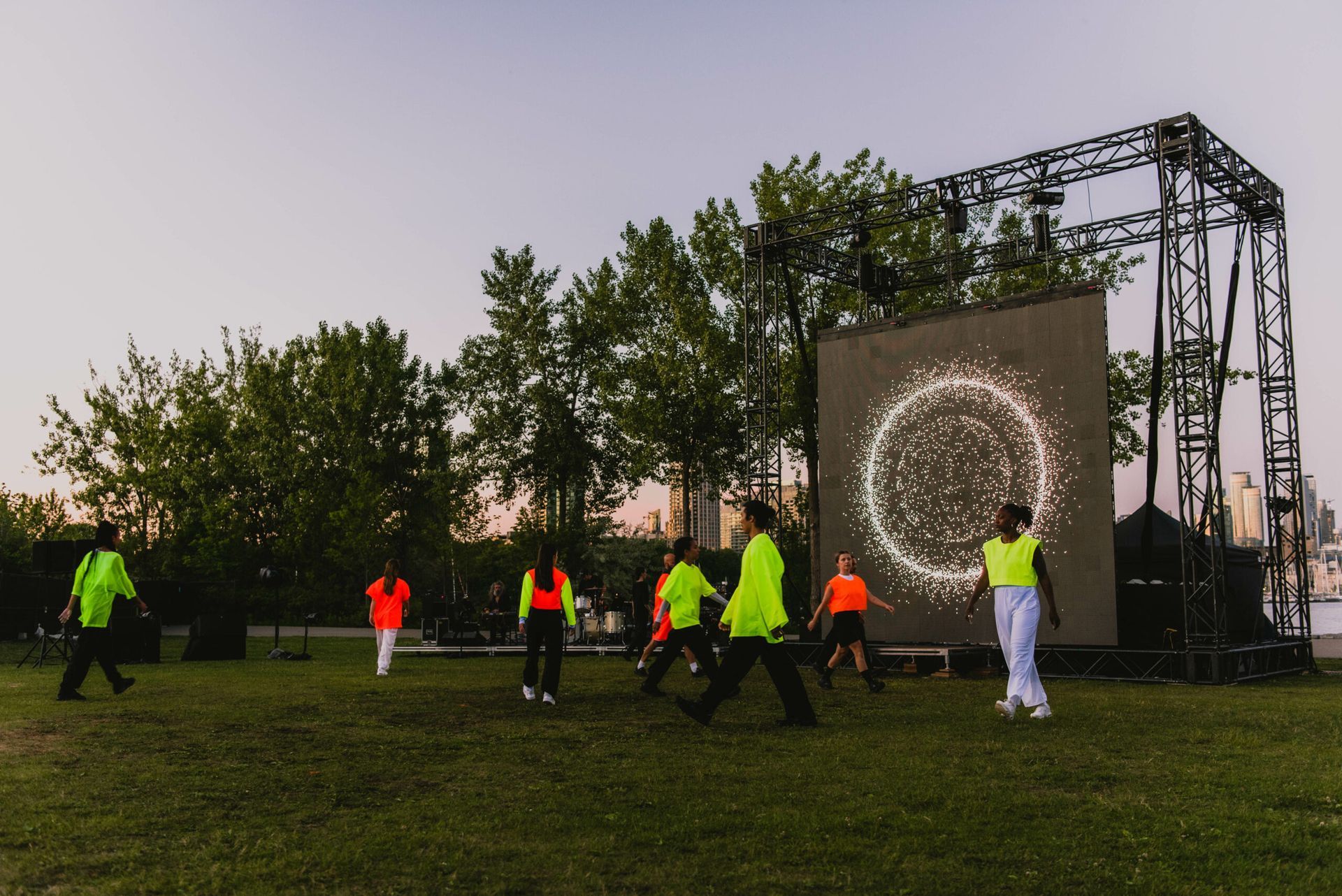



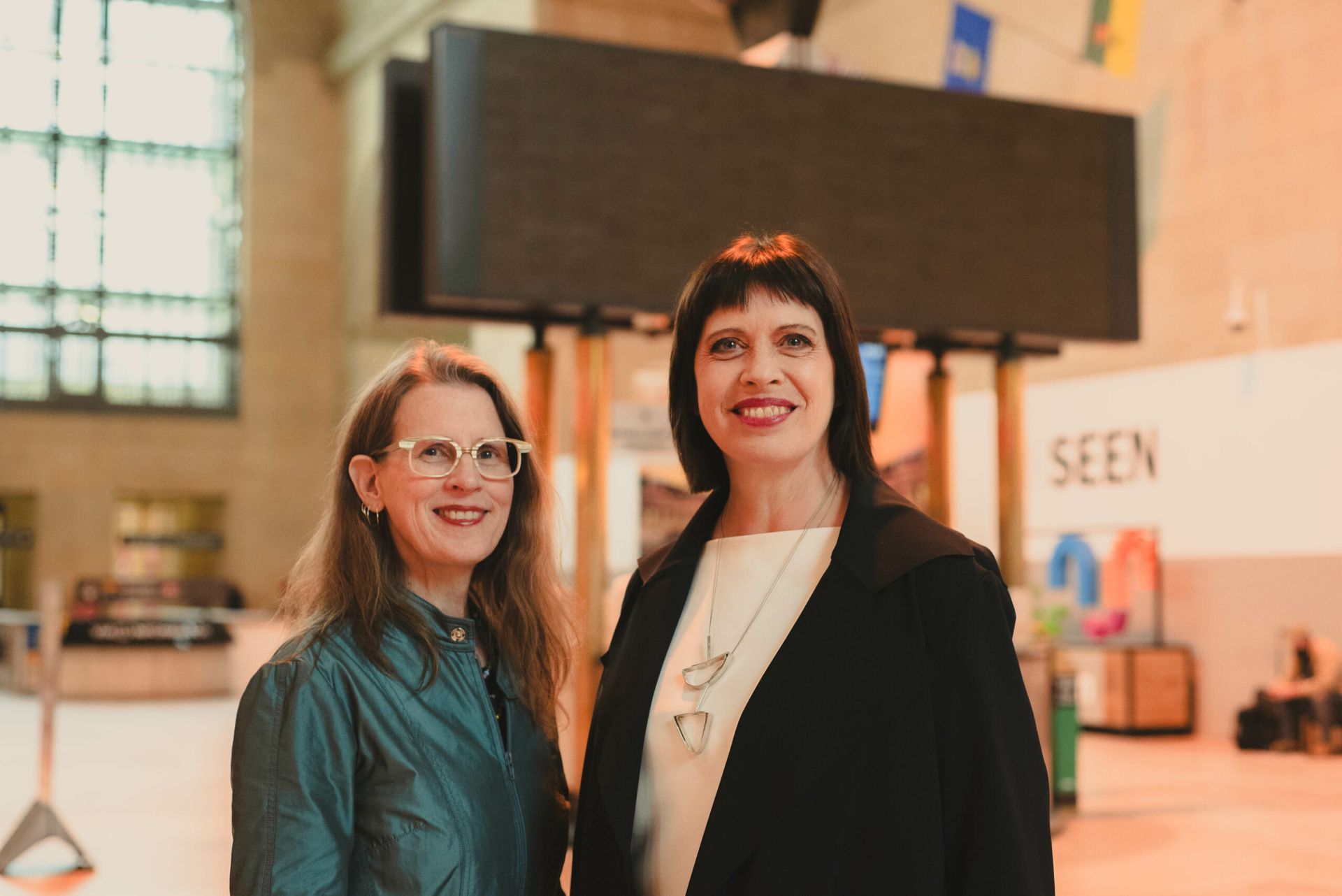
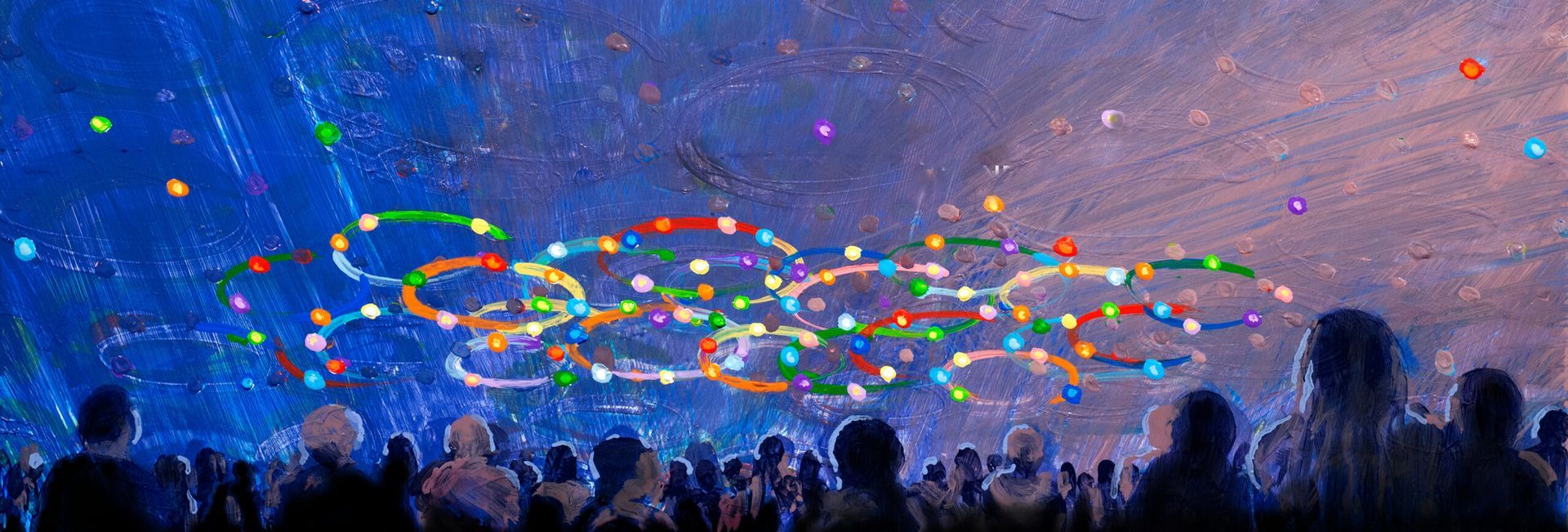
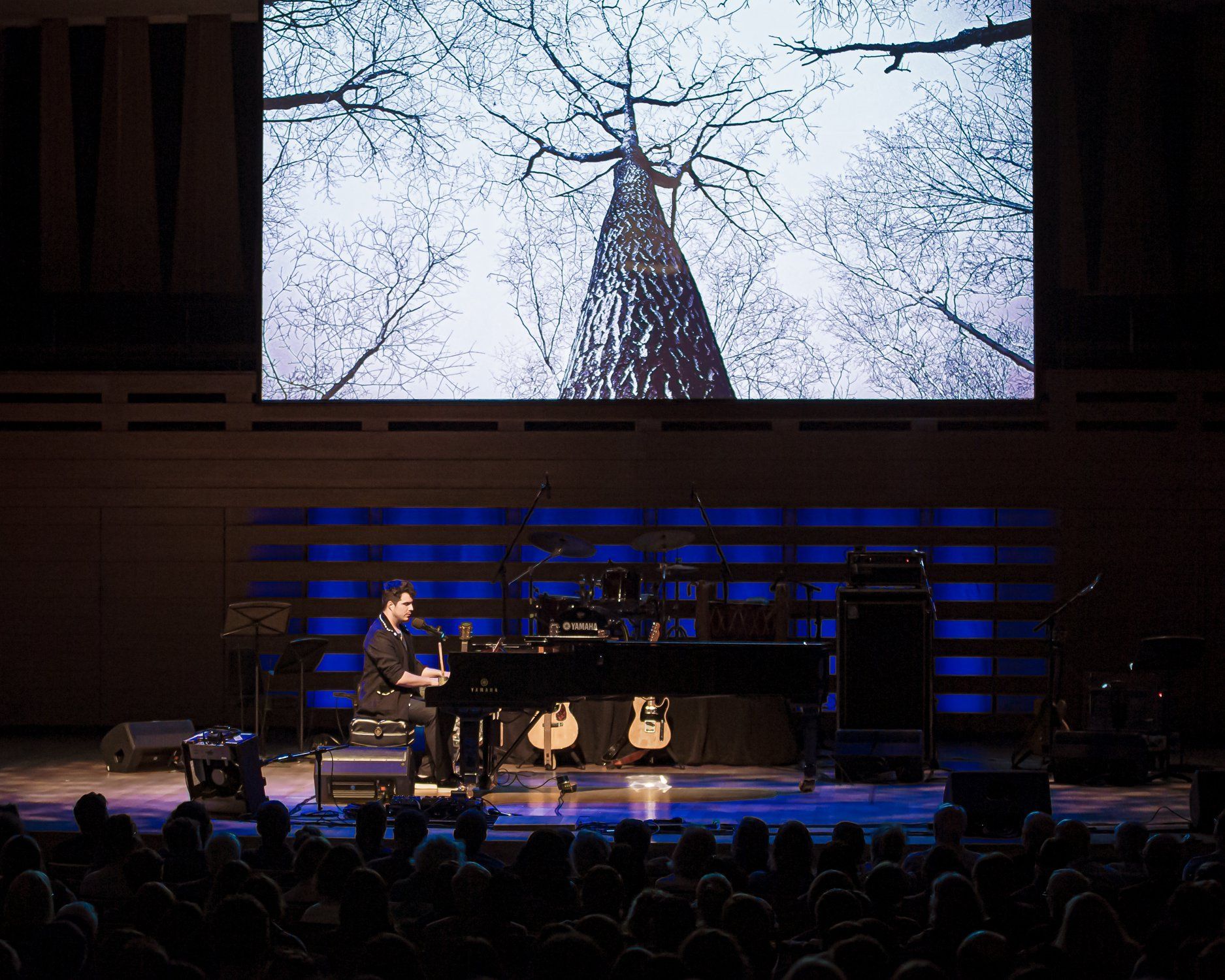



© 2025 Luminato Festival Toronto, All rights reserved.
Privacy Policy
|
Terms and Conditions

